The rapid adoption of electric vehicles (EVs) has created an increasing need for charging solutions that are not only efficient but also reliable and user-friendly. As more EV owners embrace EVs, the limitations of traditional infrastructure—such as inefficient energy distribution and strain on the power grid—have become more apparent. These issues highlight the need for smarter, more adaptable solutions that can meet the growing demand. Artificial intelligence (AI) is stepping in to fill this gap, bringing advanced technologies that optimize energy distribution, enhance system reliability, and deliver a seamless charging experience tailored to the unique needs of EV owners. The integration of AI in EV charging is reshaping how we think about powering electric vehicles, unlocking new possibilities for the future of energy management.
Table of Contents
ToggleTraditional EV charging infrastructure is limited by inefficiencies, strain on the power grid, and challenges like short-cycling in EV charging, which can affect both battery health and system longevity. For EV owners, these limitations can result in unreliable charging experiences and contribute to higher energy costs. Additionally, when charging systems are not properly optimized, the power grid can experience unnecessary surges in demand, leading to outages or system malfunctions. AI-powered systems address these problems by balancing energy use, predicting maintenance needs, and ensuring that charging cycles are optimized. By overcoming these challenges, AI offers a proactive, intelligent approach to EV charging. Here, we will explore how these advancements are solving today’s issues and laying the foundation for a more sustainable, user-centric EV ecosystem.
Optimizing Energy Usage with AI
Artificial intelligence is revolutionizing how energy is managed in EV charging systems, offering smarter, more efficient energy distribution. By using AI-driven algorithms, these systems can dynamically balance energy loads across multiple charging points, which helps reduce strain on the power grid. For example, during peak demand periods, AI can analyze real-time energy consumption data and allocate power more efficiently, preventing overloads. This optimization also enhances EV charging power quality, ensuring consistent voltage levels that protect both the electrical system and the EV battery. These smart optimizations not only improve reliability but also lower operational costs, benefiting homeowners and the broader energy network alike. If you’re ready to embrace this technology, our EV charger installation service ensures a seamless and future-proof setup for your home.
AI also plays a crucial role in integrating renewable energy sources, such as solar and wind, into EV charging systems. By predicting energy availability and demand patterns, AI makes sure that renewable energy is used efficiently, reducing reliance on fossil fuels. This sustainable approach helps lower greenhouse gas emissions while maintaining the system’s performance. In addition to that, AI’s role in optimizing energy use helps prevent short-cycling in EV charging, which can damage the battery and shorten its lifespan. For EV owners, this means a greener and more cost-effective charging experience with long-term benefits for both their EVs and the environment.
Predictive Maintenance: Ensuring Reliability and Longevity
AI-driven predictive maintenance is a game-changer in bringing about the smooth operation of EV charging systems. By continuously monitoring the performance of chargers, AI can identify potential issues—such as wear and tear or component failure—before they get worse. For example, if a charger is operating inefficiently or showing early signs of malfunction, AI systems can send alerts to schedule timely maintenance, minimizing downtime and avoiding costly repairs. This proactive approach keeps AI in EV charging systems running smoothly, guaranteeing that EV owners always have access to reliable charging solutions.
The benefits of predictive maintenance go beyond individual chargers to the broader energy ecosystem. By addressing issues early, AI prevents disruptions that could strain the EV charging and power grid, such as sudden charger failures or unexpected surges in energy demand. This will bring consistent service and reduce the likelihood of power outages in residential areas. For EV owners, this means peace of mind, knowing that their EV chargers are optimized for longevity and consistent performance—even as the demand for electric vehicles continues to grow day by day.
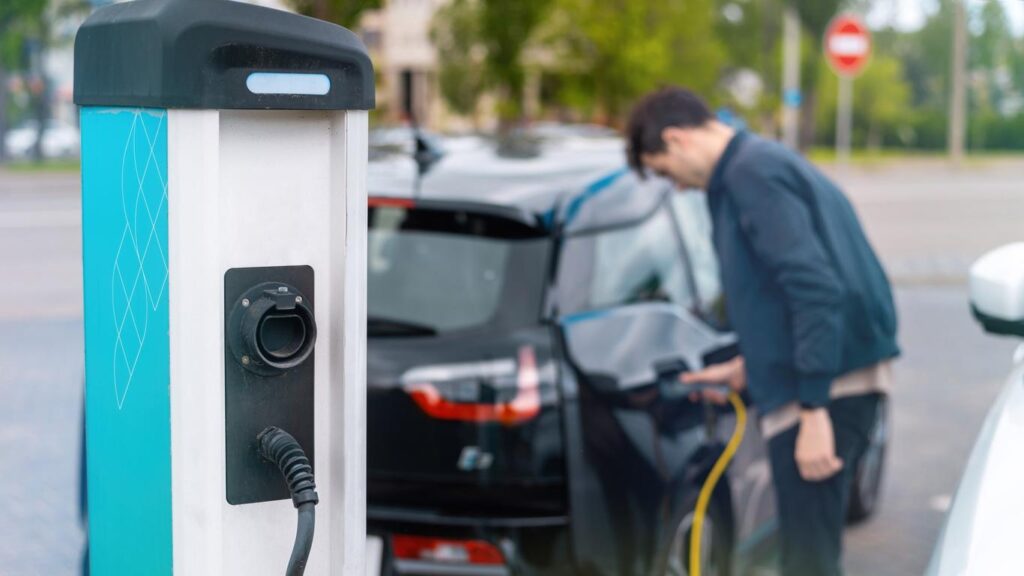
Enhancing User Experience Through AI Innovations
One of the most significant benefits of AI in EV charging is its ability to personalize the charging experience for EV owners. By analyzing user behavior, AI systems can recommend optimal charging times and locations, offering a more hassle-free experience. For instance, if an EV owner typically charges overnight, the system can automatically schedule charging during off-peak hours, reducing energy costs and relieving stress on the grid. Additionally, AI minimizes short-cycling in EV charging, which occurs when vehicles are charged in bursts rather than full cycles. This process not only extends battery life but also makes charging routines simpler, making owning an EV more convenient and worry-free. For businesses looking to integrate EV infrastructure, Commercial electrical installation services ensure the setup is efficient, reliable, and future-ready.
AI is also transforming how EV owners interact with their EV charging systems through intuitive user interfaces and real-time updates. Modern AI-powered apps provide clear, actionable information on charging progress, costs, and system health. Features like reminders to plug in the vehicle or updates on energy availability make managing EV charging effortless. By offering these user-friendly features, AI encourages more widespread adoption of EV technology. For EV owners, these advancements translate to a reliable, seamless charging experience that fits into their daily routines, paving the way for greater comfort and confidence in their EV ownership.
Accelerating EV Adoption with AI-Enhanced Charging Systems
AI is playing a vital role in making EV charging infrastructure more accessible and affordable, which is key to accelerating the adoption of electric vehicles. By optimizing energy use and streamlining operations, AI helps reduce the overall cost of maintaining charging networks, which translates into lower costs for EV owners. Additionally, AI supports the integration of renewable energy sources, addressing environmental concerns that might discourage potential EV users. By lowering barriers such as high operational costs and limited access to charging stations, AI in EV charging is driving a more sustainable and inclusive transition to electric mobility. To support the shift to greener technology at home, British Engineers offers Residential Electric Installation Services to ensure your property is EV-ready and optimized for future needs.
The synergy between AI-enhanced charging systems and the power grid is transforming the way energy is distributed and managed. AI enables smarter grid management by predicting demand patterns and allocating resources efficiently, minimizing the impact of EVs on power grid stability. This innovation ensures a seamless flow of energy even as the number of EVs on the road continues to grow. Furthermore, AI-driven scalability allows charging networks to expand rapidly, meeting future demand. For EV owners, this means having access to a reliable, forward-thinking infrastructure that supports widespread EV adoption while promoting energy efficiency and sustainability.
Future Outlook: The Impact of AI on EV Charging and Beyond
The future of AI in EV charging holds immense promise, with potential advancements set to revolutionize the industry even further. AI will play a crucial role in improving power grid integration, allowing for more efficient energy distribution and helping to minimize strain from increasing EV adoption. Innovations in energy storage, such as AI-managed battery systems, will complement these efforts by storing excess renewable energy and deploying it during peak demand periods. These developments will further enhance EV charging power quality, ensuring stable and reliable energy delivery for EV owners. To fully unlock this potential, continued investment in AI research and development, as well as collaboration among energy providers, manufacturers, and policymakers, is essential.
AI’s transformative impact on EV charging infrastructure is undeniable. By addressing challenges such as inefficiencies, short-cycling in EV charging, and the impact of EVs on power grid stability, AI has become a cornerstone of the evolving EV ecosystem. Its ability to enhance user experience, optimize energy use, and enable predictive maintenance has not only improved the reliability of charging systems but also encouraged broader adoption of electric vehicles. As EV owners and society at large transition toward a more sustainable future, AI will continue to play an expanding role, shaping an energy-efficient and eco-friendly world.


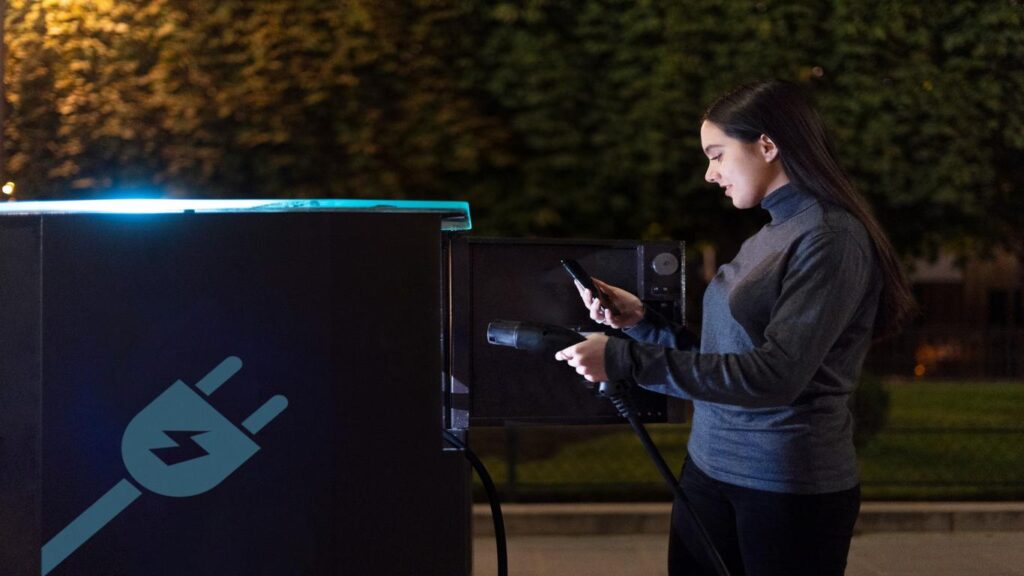
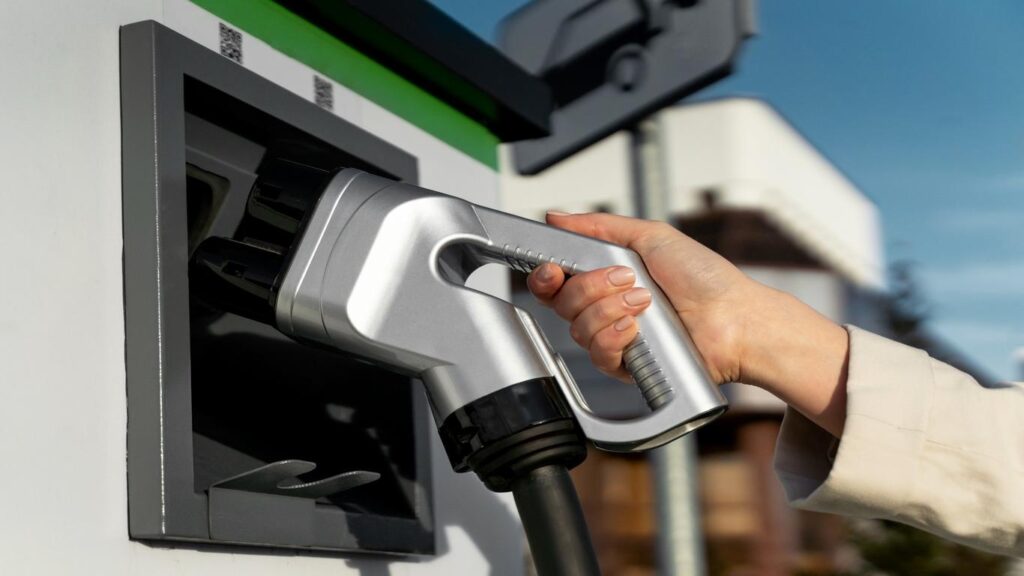
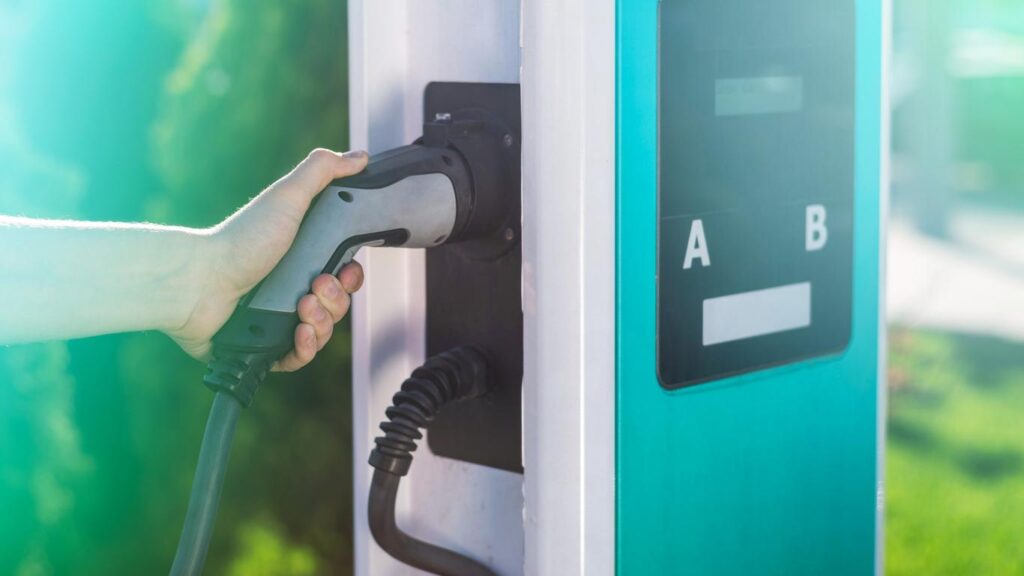
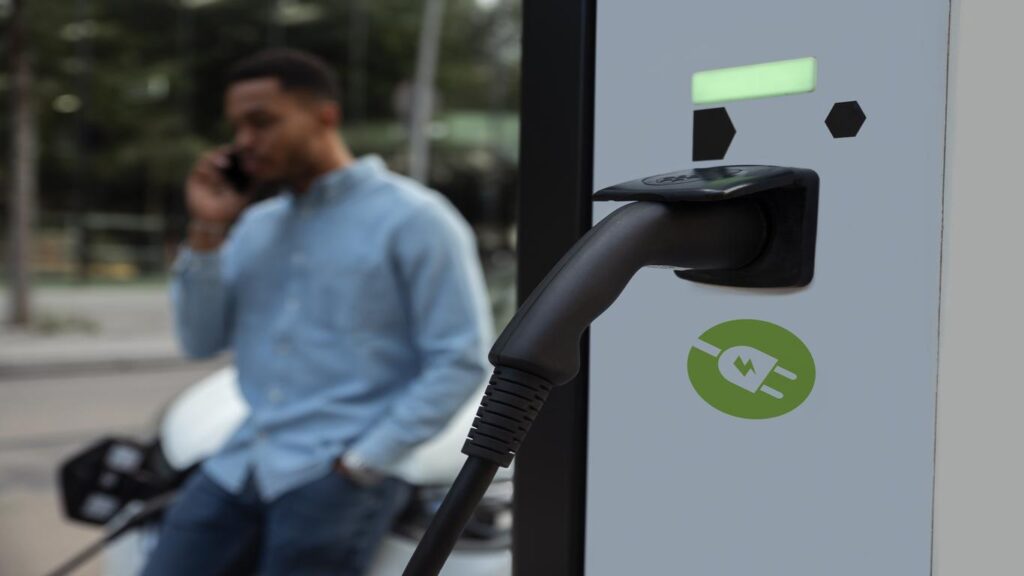

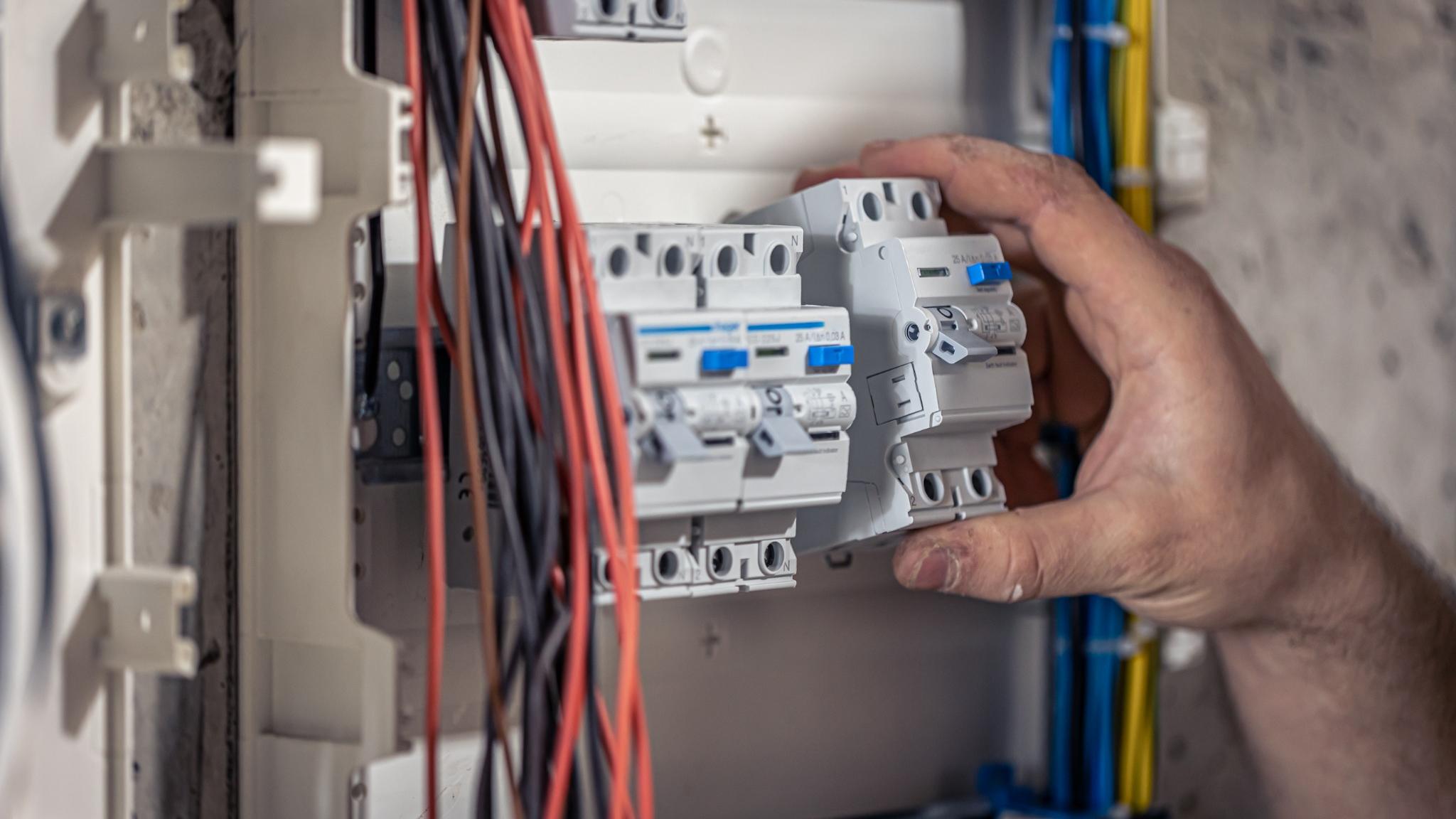


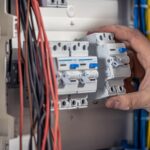

No comment